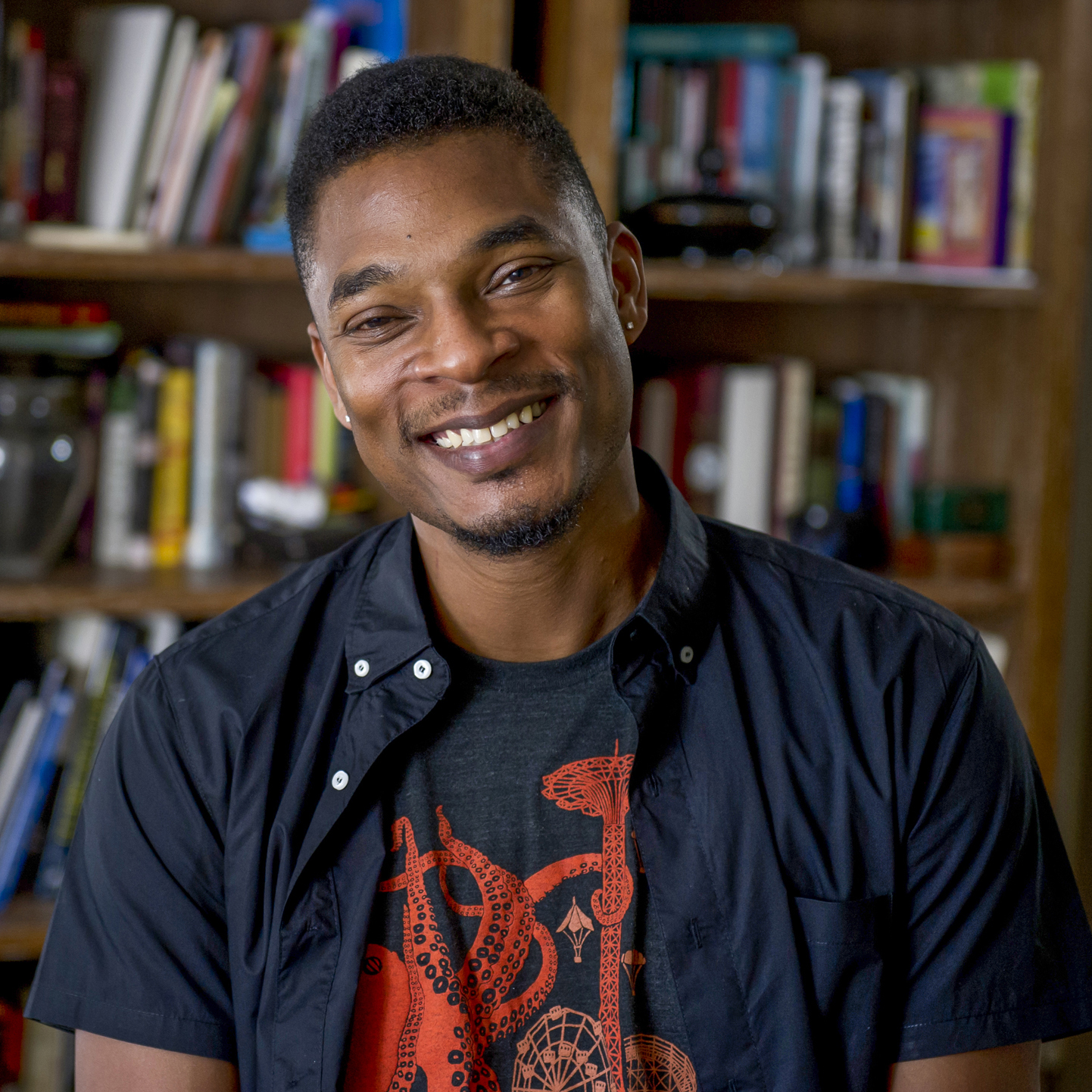And then when Ralph Ellison’s corpse burst
open, I discovered his body had been hoarding
all these years a luscious slush, a sludge
of arterial words, the raw and unsaid pages
with their plots and propositions, with their arcs
of intention and babbling, with their mumbling
streams and false starts and their love
and misanthropic thrusts, tendons of syntax
unraveled from his bones and intestinal cavities,
the froth of singing, stinging, stinking ink,
reams of script fraught with the demons,
demagogues and demigods of democracy,
demographies of vague landscapes,
passages describing muddy river bottoms
and elaborate protagonists crawling
through a foliage greener than money in America
before America thought to release anyone
from its dream
Published:
2013
Length:
Regular
Literary Movements:
Contemporary
Anthology Years:
2024
Themes:
Politics
Literary Devices:
Alliteration
the repetition of the same letter or sound at the beginning of words appearing in succession
Anaphora
a figure of speech in which words repeat at the beginning of successive clauses, phrases, or sentences
Consonance
the recurrence of similar sounds, especially consonants, in close proximity
Slant Rhyme
A rhyme where the words have similar sounds in their stressed syllables.
Transferred Epithet
When an adjective usually used to describe one thing is transferred to another.

